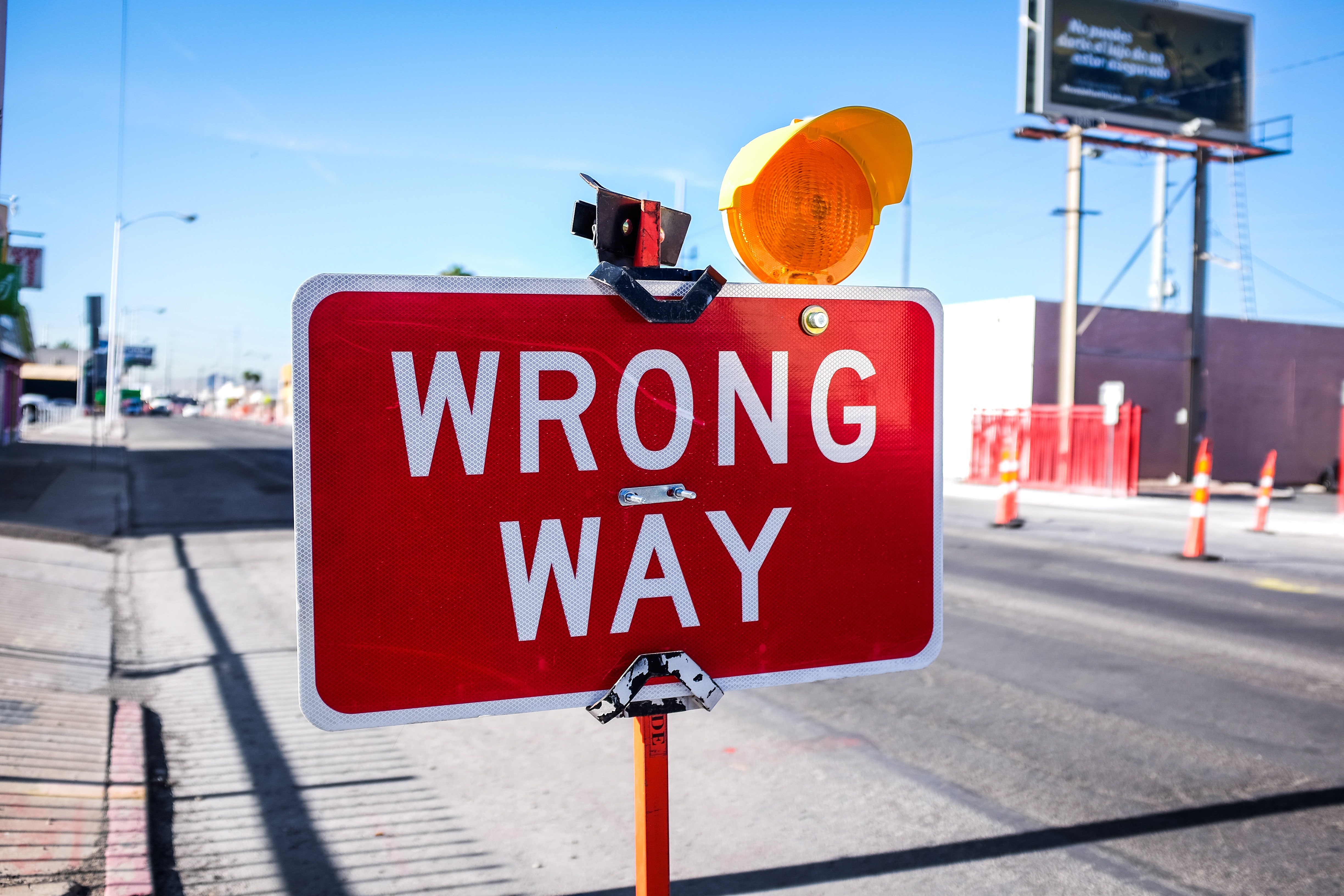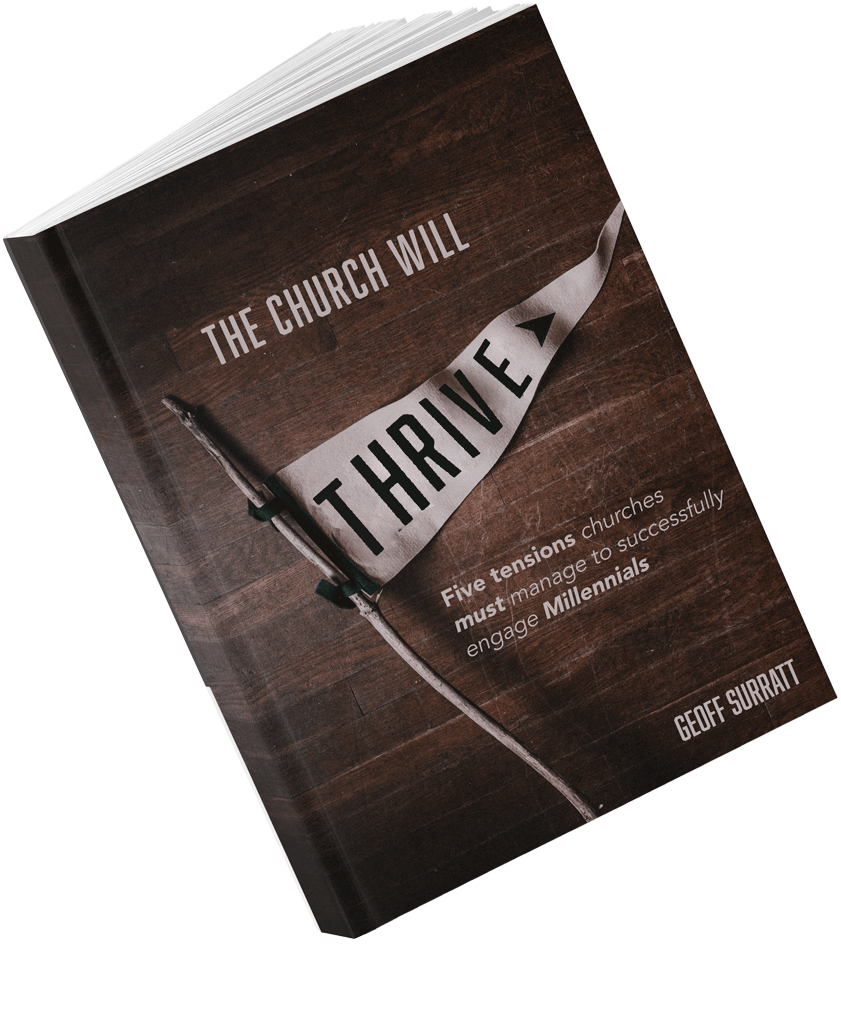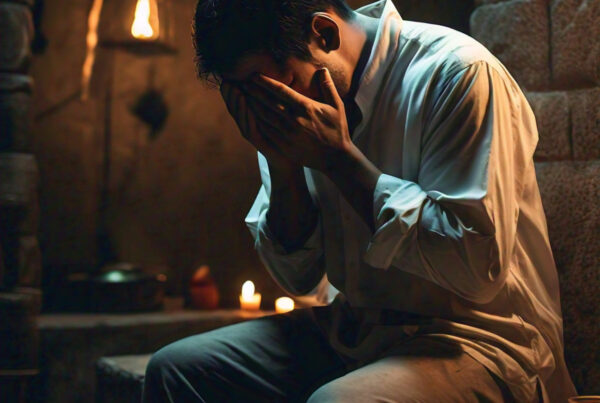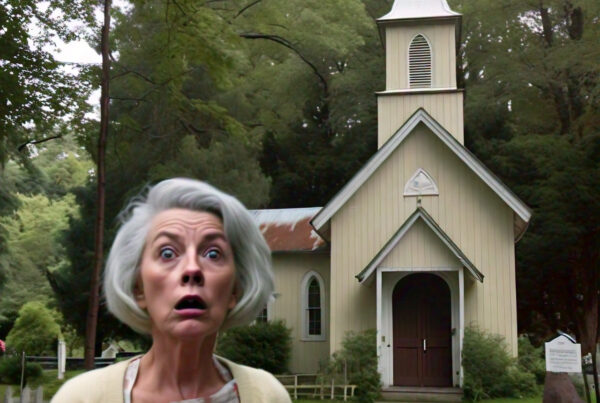
The first news I read this morning was of the resignation of Heather Larsen and the entire Willow Creek elder board. This is the culmination of an incredibly sad chapter for arguably the most influential organization and leader in the American church over the past 50 years. It is ironic that today is also the kickoff of the Global Leadership Summit, a conference built on the leadership and legacy of Bill Hybels and Willow Creek.
I have shared in the past how personal this tragedy feels to me. No one has had more influence on what I believe about leadership than Bill Hybels, and no church has had a greater impact on my understanding of what it means to be a church focused on sharing the Good News with those outside the church. Since I wrote that original post back in April, the evidence that the real Bill Hybels is very different than the one I knew from speeches, sermons and books. His actions, and the complicity of the Willow leaders, have been devastating to the women who’ve been hurt and the congregants who’ve been misled. As drastic as it is, I think the resignation of the entire leadership structure is the only way forward for Willow. I pray that the new leaders will find grace and wisdom in the difficult days ahead.
I also believe that we, as leaders in the American church, need to take time to learn the lessons that apply to all of us. It is easy to see the train wreck at Willow and think, “That’s not me”. but the reality is that to some extent it is many of us. We have been influenced and shaped by the same principles and methods that Willow was built on. If your church’s core values include words like excellence, authenticity and relevance, then your roots go back to the late 1970s and a church started in the Willow Creek movie theater in the suburbs of Chicago.
I’m not suggesting we need to throw out everything we learned from Hybels and Willow, but I am suggesting we need to re-examine the infrastructure that supports our churches and make sure it is healthy and solid. Over the next few days I will share several articles around the role of elders and how to respond to a crisis. Today I want to briefly look at four tenets of the Willow era that need to be re-examined.
Before we dive in I want to say I am for growing churches, I am for gifted lead pastors and I am for local church leadership. This is not an article bashing the megachurch or questioning the role of lead pastor. This is a plea to my tribe to carefully consider our past before we plunge forward into the future.
Four Potential Traps
Autonomy of local churches
History is always a reaction to what came before, and the last 50 years in the American church has been to some extent driven by a negative reaction to the abuses found in the hierarchy of denominations. There have always been independent churches, but Willow made non-denominational attractive to those who wanted to step outside the traditional church structures. The challenge is that lack of outside influence can also mean lack of outside wisdom and accountability. In many cases the pendulum has swung too far toward local autonomy, this is a chance to rethink our connection to the church at large.
Opacity of elder boards
Similar to local autonomy, changes in church governance have come in reaction to the extreme congregational bent of messy business meetings and unseemly church votes. In large churches the trend has been toward a relatively small board of elders approved by a tiny percentage of the congregation. Very few of the church adherents have any idea who the elders are or what they do. These boards can become sounding boards and rubber stamps for the vision of the lead pastor, with very little input outside the small circle of leaders.
This is a time to re-evaluate the role of the local elders without resorting back to an unhealthy and unwieldy form of church government from the past. Share on X
Celebrity of pastors
The American church has closely emulated the successful American corporation in the treatment of lead pastors. As the church grows the perks associated with the job grow exponentially. Larger salaries, assigned parking spots, car allowances, expanded vacations, security guards, live-in personal assistants, even private airplanes. The list grows as the offerings and attendance grow. In some cases the pastors are treated more like kings than shepherds.
The problem is that this kind of treatment can destroy your soul. You begin to think you deserve to be treated this way. I just spent a few days at an all-inclusive resort that catered to my every whim; a few more days of that and I’d be completely worthless. Some pastors are treated that way every day.
We need to re-examine what is reasonable and right in taking care of lead pastors, and what is excessive and soul-rotting. Share on X
Over emphasis on attendance growth
The fourth trap that has become prominent in the era of Willow Creek style churches is the constant focus on the number of people who attend weekend services. Subconsciously we believe the lie that a growing church is a church to be emulated. We overlook arrogance and mistreatment of staff as long as the numbers keep increasing. And we seldom pay much attention to where the people are coming from, ignoring the improbability of thousands of people with no connection to church suddenly deciding to give up Sunday mornings for three songs and a lecture.
I love growing churches, but its time to look more critically at whether we are simply attracting people from other churches at any cost. Share on X
I do not believe that every megachurch is on the wrong track, or that every large church pastor is unethical. What I describe above is the worst case scenario based on some of the poor paths we have taken in the past decades as church leaders. At the same time I’ve had a front row seat at churches like Seacoast where I’ve watched my brother fight against many of these trends and walk 40+ years of ministry with integrity. There are many other leaders like Greg and churches like Seacoast.
As we watch the collapse of leadership at one of the great American churches, however, we each need to step back and ask, “Lord, what do you want ME to learn from this tragedy.”

Navigating this new chapter in church history will require balancing the tension between what is necessary from the past and what is needed for future. I’ve spent the last several years thinking about and researching this challenge, and share my insights in my new eBook, The Church Will Thrive. You can get your free copy here.



Yangın Söndürme Sistemleri, yangın anında FM200, Novec, Karbondioksit ve Sprinkler sistemleri yangına müdahale ederek kontrol altına almamıza yardımcı olur.
Yangın Söndürme Sistemleri, yangın anında FM200, Novec, Karbondioksit ve Sprinkler sistemleri yangına müdahale ederek kontrol altına almamıza yardımcı olur.
Sprinkler Yangın Söndürme Sistemi, yangın anında hızlıca yangını algılayarak söndürülmesini sağlar. Fakat yangını söndürme çeşitleri bulunmaktadır. Yangını sulu, köpüklü veya tozlu olarak söndürebileceğimiz çeşitleri mevcuttur.
Sprinkler Yangın Söndürme Sistemleri, yangın anında hızlıca yangını algılayarak söndürülmesini sağlar. Fakat yangını söndürme çeşitleri bulunmaktadır. Yangını sulu, köpüklü veya tozlu olarak söndürebileceğimiz çeşitleri mevcuttur.
Çerkezköy Yangın Söndürme Sistemleri, yangın anında manuel veya otomatik olarak yangını kontrol altına almamızı sağlayan yangın sistemleri dir.
Novec gazlı yangın söndürme sistemleri, yangını hızla ve etkili bir şekilde söndüren çevre dostu bir yangın söndürme çözümüdür.
Adresli Yangın Algılama Sistemleri, her bir algılama cihazının belirli bir adresi olduğu, yangın alarmının kaynağını hızlı ve kesin bir şekilde tespit ederek yangına müdahaleyi kolaylaştıran gelişmiş yangın algılama sistemleridir.
adresli duman dedektörleri, yangın alarm sistemlerinde kullanılan ve belirli bir konumu net olarak belirleyebilen dedektörlerdir.